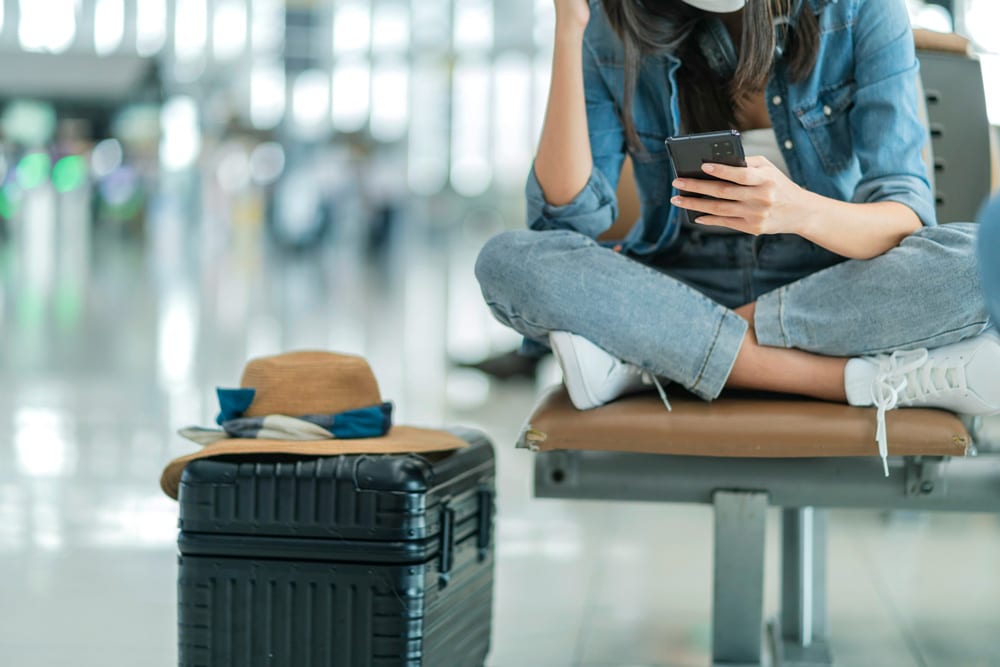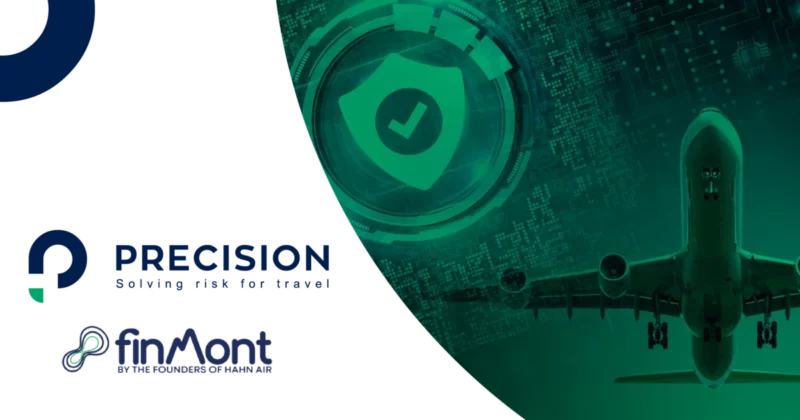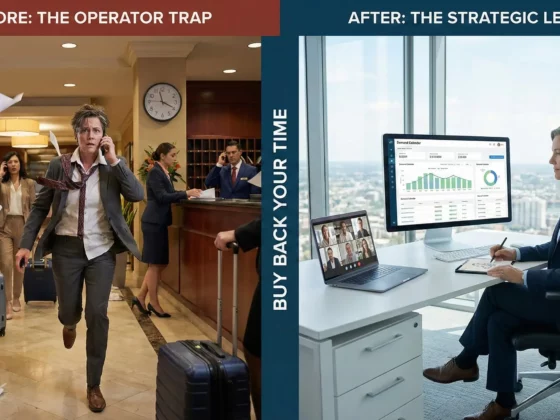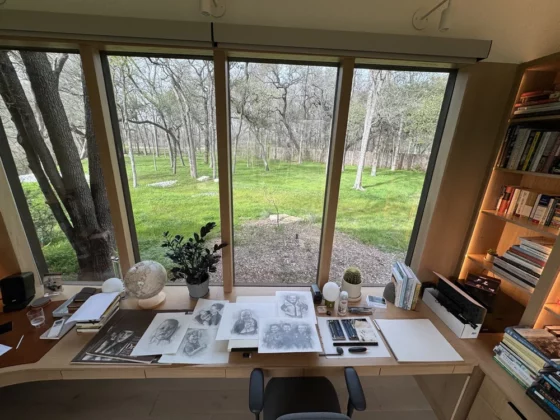Language barriers for first-time travelers in Europe often create unexpected confusion during everyday conversations and essential situations. Europe offers a rich tapestry of cultures, cuisines, and landscapes spread across dozens of unique language regions. Understanding tricks to overcome language challenges makes traveling smoother, safer, and more immersive from the very beginning. Here, we share simple, practical tips to help travelers communicate more effectively while enjoying every destination with confidence.
Speak with Confidence Wherever You Go
A Europe eSIM makes accessing translator apps that assist with real-time communication needs abroad easier. Having a reliable tool to translate signs, menus, or directions can be a traveler’s silent helper. First-time visitors often feel overwhelmed by unfamiliar words, so having support tools becomes incredibly reassuring. These language survival tips empower readers to explore Europe freely without fear of miscommunication holding them back.
5 Language Survival Tricks
Nervous about language barriers in Europe? These five clever survival tricks will help you communicate confidently as a first-time visitor.
1. Learn Common Words Before You Land
Learning basic greetings helps travelers break the ice when visiting shops, stations, or asking for directions. Words like “hello,” “please,” and “thank you” are easy to learn but leave lasting impressions. Locals appreciate visitors who try to speak even a little of their native language. Consider learning a few numbers, too, as they can be helpful when paying or asking for time.
Download a short phrase list before the trip and practice a few lines each day. Repeating aloud helps pronunciation stick, even when the words feel unfamiliar or tricky at first. Language videos featuring native speakers can help improve your accent and confidence while you learn new terms. Preparing these in advance reduces stress when unexpected or important communication moments arise.
2. Use Clear Gestures and Universal Words
If the correct word fails, try a gesture that politely shows what you need or want. Pointing, miming eating, or even a phone call can often quickly solve fundamental misunderstandings. Use globally recognized words like “taxi,” “hotel,” or “toilet,” which often appear similarly across countries. Keep your tone friendly and lighthearted—this helps the listener stay open and responsive to you.
Speak slowly without raising your voice, as volume does not usually help understanding across Europe. Pausing between words makes it easier for someone unfamiliar with your accent to follow along. Hand motions paired with words create a context that makes the message easier to grasp quickly. Smiles also play a significant role; they encourage goodwill even if communication is a little difficult.
3. Keep a Notepad or Phrase Card Handy
Carrying a small notebook is helpful when phone batteries run out or in situations that get too noisy. Drawings and written phrases provide quick alternatives that clarify meaning during conversations that are difficult to understand. Phrase cards with questions like “Where is the restroom?” work well in many urgent scenarios. Writing down key information, like your hotel address, helps if you get lost or confused.
Sometimes, pointing to words on paper feels more natural than fiddling with a phone screen. This method works exceptionally well in remote villages or markets where strong digital infrastructure is not available. Written tools reduce reliance on tech and keep interactions smoother during language-heavy interactions or delays. They also serve as memory aids, helping travelers recall useful phrases at the right moments during a European trip.
4. Rely on Translation Apps as a Backup Tool
Translation apps can bridge language gaps during unexpected challenges, such as reading a menu or signs. They often offer offline features, which are especially useful during a European trip with varied languages. Typing or speaking into the app provides instant results, helping to keep conversations moving smoothly. Some include pronunciation guides, which allow travelers to pronounce words more accurately when speaking aloud.
Pre-download the language pack for countries you plan to visit to ensure offline usability later. Explore voice and camera features that can translate street signs or menus with just one click. Practice a few phrases in the app before traveling to feel more confident on arrival. These tools are convenient, but they should supplement, not replace, your effort to communicate personally when possible.

5. Practice Patience and Embrace Cultural Differences
Language issues can feel awkward, but a little patience often leads to better outcomes over time. Everyone makes mistakes, and embracing them with humor helps the conversation move forward. Being calm and open can turn an uncomfortable moment into something memorable and even heartwarming. Locals usually recognize and appreciate tourists who remain polite, humble, and willing to learn gradually.
Avoid getting frustrated if someone does not understand on the first try—rephrase and try again in a kind manner. Gestures, facial expressions, and tone often matter just as much as the actual words being used. Sometimes, even silent pauses allow both parties to rethink and clarify what is being asked or needed. Cultural flexibility not only improves communication but also enhances the enjoyment you gain from your trip.
Unexpected language gaps can create stressful moments during travel. A Europe eSIM ensures fast access to essential apps like phrasebooks, translators, and directories. Stay prepared for smooth, respectful communication with locals by following these helpful language survival tips.
More Tips to Grow Your Business
Revfine.com is the leading knowledge platform for the hospitality and travel industry. Professionals use our insights, strategies, and actionable tips to get inspired, optimize revenue, innovate processes, and improve customer experience.
Explore expert advice on management, marketing, revenue management, operations, software, and technology in our dedicated Hotel, Hospitality, and Travel & Tourism categories.






